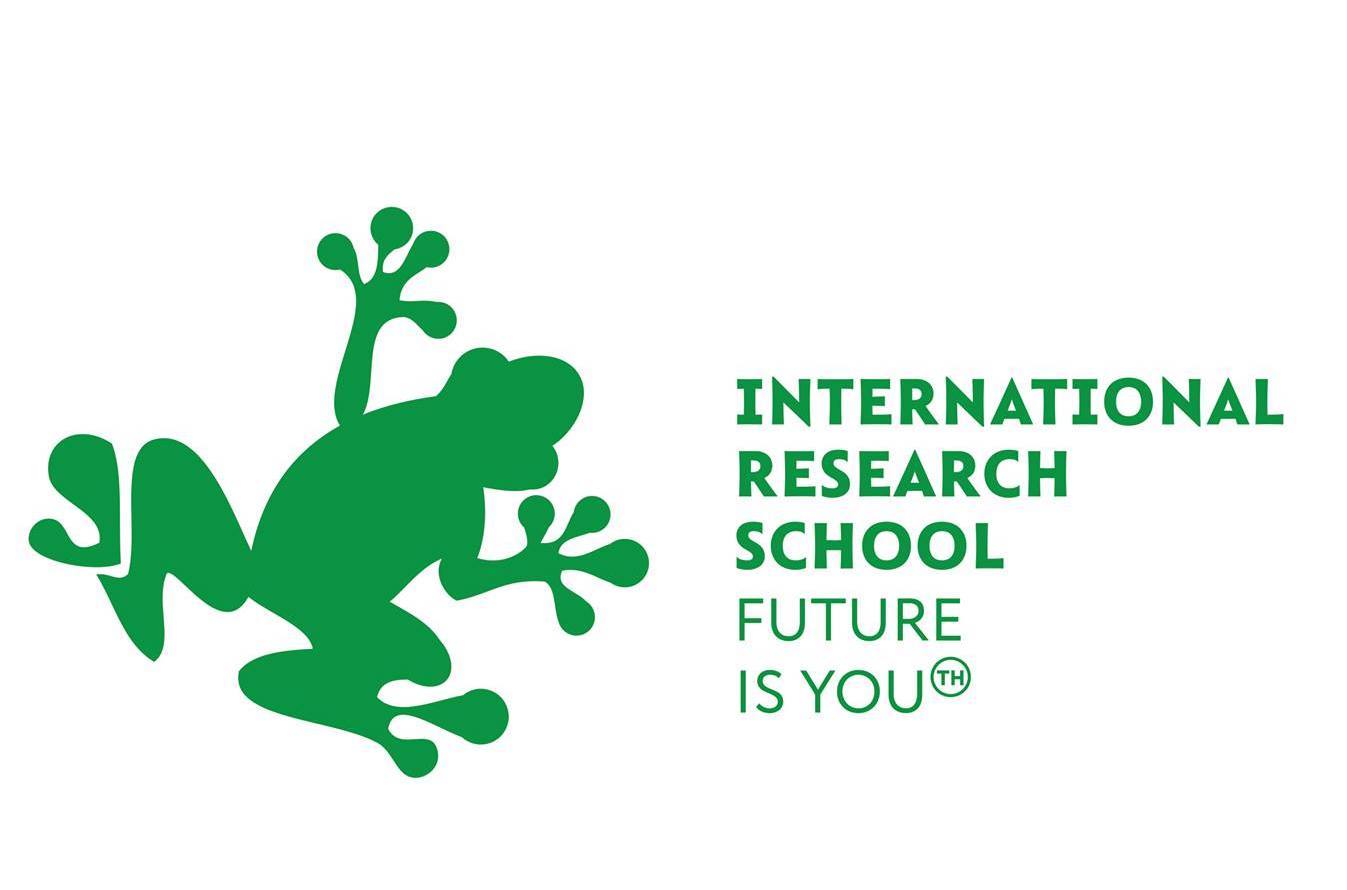13TH INTERNATIONAL RESEARCH SCHOOL
Features of plant communities depending on the habitat
Biology, Geobotany
This project will help get acquainted with different plants and how they get along with each other, and sometimes how they get rid of each other. Plants can tell us a lot about what is happening around: if there is water nearby, if the soil is rich here, if there is a lot of sun here, what the amount of snow cover in winter is.
If you like to walk in the forest, then this program will help you to better understand what surrounds you, what was here before (and was there a forest at all?) and what could happen afterwards.

In addition, one can learn to analyze data. There are numbers - but how to understand what they mean? And how to calculate so that these numbers mean something? How do you come up with a methodology to make your work scientific?
It is also important to show the results in such a way that they are understood and are interesting - visualization and an accessible presentation of one`s ideas and conclusions are a very important factor in modern science.
It is also important to show the results in such a way that they are understood and are interesting - visualization and an accessible presentation of one`s ideas and conclusions are a very important factor in modern science.

This project is aimed at applying basic scientific principles in practice, for example,
there is a principle called Occam's razor, which says that if there are several
hypotheses that explain the phenomenon, the simpler hypothesis is true. Let me give
an example: a pine forest grows, but there are no young pines in the undergrowth.
How to explain it? It can be assumed that all undergrowths are pulled out by foresters
or are eaten by hedgehogs, or it is simply dark for young pine trees under the canopy
of other trees. Such principles are easy to verify on your own experience and then
apply in the future.
there is a principle called Occam's razor, which says that if there are several
hypotheses that explain the phenomenon, the simpler hypothesis is true. Let me give
an example: a pine forest grows, but there are no young pines in the undergrowth.
How to explain it? It can be assumed that all undergrowths are pulled out by foresters
or are eaten by hedgehogs, or it is simply dark for young pine trees under the canopy
of other trees. Such principles are easy to verify on your own experience and then
apply in the future.

We will definitely ask and learn a lot to ask such questions as: "why that?" and "why
so?"
so?"
Tutors

Nina Gorshkova
Moscow, Russia
Moscow, Russia
Nina is 30 years old, she is a biologist by education. She graduated from the Faculty of Biology of Lomonosov Moscow State University, Department of the Theory of Evolution, and studied for two years in the graduate school at the Department of Geobotany. After graduate school, she went to work as a biology teacher. She has travelled a lot on expeditions with schoolchildren; in particular, she went to the White Sea coast for several years. She is in love with the White Sea and tries to get there every summer. This year she started diving, as she says, it is very curious to look at everything that you study in many respects in theory or in collections, in a living natural state. Her interest in botany and the development of various plant communities appeared during her volunteer work on wild fires from 2009 to 2015 (now there is no more time for this, unfortunately). She wanted to study how biotopes are restored after fires.

Paola Blair Vásquez
San Jose, Costa Rica
San Jose, Costa Rica
Paola was born in Costa Rica, within a Colombian family. She graduated from the University of Costa Rica, where she obtained the degree of chemical engineer. Her master thesis was carried out at the university of Bologna in Ravenna, where she worked mainly in the area of environmental chemistry. Nowadays, she is a third year PhD student at the University of Bologna in the area of sustainable industrial chemistry. During 2014, she taught science lab in middle and high school at an international school in Costa Rica. Since then, one of her main goals has been to be involved and work with children in maintaining and nurturing our creativity and our relationship with the environment. In these last months left of her PhD, she is seeking to make a subtle twist in her path and go back to the world of children education. She is a curious woman who is always looking to learn new things not only about the world, but also and most importantly, about herself. One of her top priorities is to enjoy the company and cultivate the relationship with her closest "people" and the weekend hikes and bike trips with her husband.


